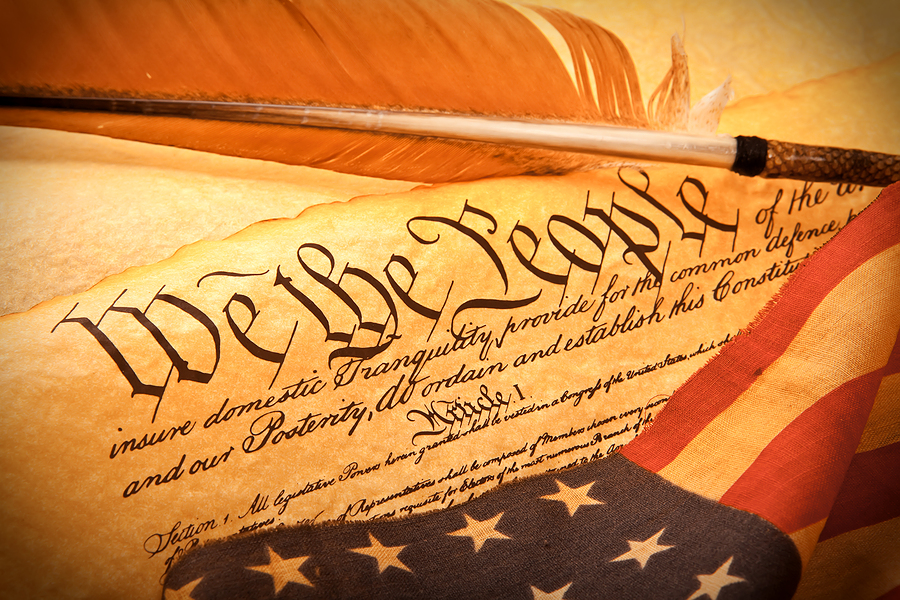Article I, Section 1 of the U.S. Constitution begins: “All legislative powers herein granted shall be vested in a Congress of the United States, which shall consist of a Senate and House of Representatives.”
1. So what legislative powers does Congress possess? Does Congress possess all legislative powers imaginable? Do members of Congress possess any and all powers to do whatever they think is good for the country, or fair, or right?
Um, no. Congress possesses the legislative powers “herein granted,” no more, no less. This means that the very clause that VESTS legislative power in a Congress, also LIMITS that very same legislative power by making clear that Congress possesses ONLY the powers “herein granted.”
2. Read though the list of powers granted to Congress in the Constitution. It’ll shock you how short that list is. Hint: There’s no power to regulate health insurance or education, or redistribute wealth from some people to others, among many thousands of other things not in there.
3. Article I, Section 1 of the Constitution does NOT say that some legislative power will be vested in a Congress, while other legislative powers will be vested in an EPA, and DOE, and DOL, and HHS, and OSHA, and IRS, and EEOC, and CSPC, and SEC, and FDIC, and FRB, etc., etc., etc.
4. The Constitution provides a short list of powers that Congress possesses. NOWHERE does the Constitution grant to Congress the power to delegate its own legislative power to independent regulatory agencies such as the EPA, and DOE, and DOL, and HHS, and OSHA, and IRS, and EEOC, and CSPC, and SEC, and FDIC, and FRB, etc., etc., etc.
5. There’s a reason why the Constitution vests legislative power in a Congress: Members of Congress are elected. Thus, if ever they pass truly bad laws, whether unconstitutional or merely unwise, those elected members of Congress can be voted out of office the next time they are up for re-election. Then their replacements can clean up the mess. Members of Congress are accountable to the people, in other words.
But if some regulatory agency passes obnoxiously bad regulations, whom does one vote in or out of office at the next election? The answer is: almost no one knows! The subject of where independent regulatory agencies derive their power and how they operate and to whom they are accountable is one of the least transparent parts of our government today. And therefore it’s a big problem. It’s a problem caused by forgetting what Article I, Section 1 of the Constitution means.
Lesson over.

